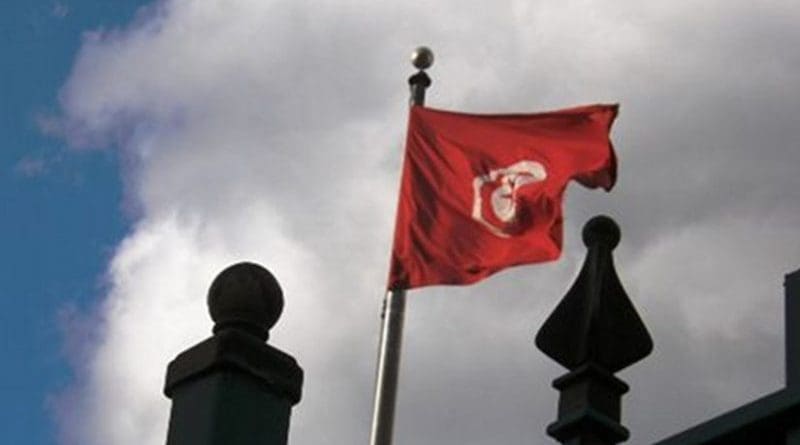MEPs Urge Borrell To Take Stand Against Tunisia’s Slide To Autocracy
By EurActiv
By Benjamin Fox
(EurActiv) — EU lawmakers have urged the bloc’s chief diplomat Josep Borrell to take a stronger stand against Tunisia’s slide towards autocracy following a highly disputed constitutional referendum in the north African country on Monday (25 July).
Tunisia’s referendum appears set to entrench the power of its controversial president Kais Saied.
In a letter seen by EURACTIV, a cross-party group of MEPs warned that “one year after President Saied’s coup, Tunisia is at a crossroads and needs to ensure that the past decade of achievements in democratic gains is not forsaken.”
The MEPs added that the EU diplomatic service’s stance taken so far “reflects a much weaker EU engagement, seen by some as a tacit acceptance or support of President Saied’s status quo.”
After a mass boycott by the main opposition parties, on Monday 92.3% voted “yes” to the new constitution but on a turnout of just 25%, according to a Sigma Conseil exit poll issued by state TV. Opposition parties also reported intimidation by security forces and the police.
In a speech celebrating the result, Saied stated that “the rate would have been higher if the vote took place over two days”.
He also promised that “all those who have committed crimes against the country will be held accountable for their actions”.
The new constitution is widely viewed as an attempt to weaken the country’s democratic institutions and radically increase the powers of President Saied. The new document would give the president’s office sweeping powers to draft laws, impose exceptional measures and sack and appoint government ministers, judges and prime ministers.
The opposition parties and civil society groups say that the new document, which replaced the constitution drawn up following the pro-democracy Arab Spring movement, was drawn up without consultation with them.
The Tunisian parliament was suspended by Saied last July and was dissolved in March this year after a virtual session in which most lawmakers voted to revoke the measures allowing the President to rule by decree. Meanwhile, the main judicial body, the Supreme Judicial Council, was dissolved in February and 57 judges were dismissed by decree in June.
Since Saied’s move to suspend parliament, a number of opposition lawmakers and former ministers have been arrested and detained without charge or trial.
The MEPs urged Borrell to “strongly condemn President Saied’s latest actions aimed at dismantling democracy and to engage in an enhanced dialogue with political and civil society stakeholders, as well as with the Tunisian authorities.”
In March, the EU executive announced that it would maintain its financial support for Tunisia and lend the government €450 million in budget support, alongside access to €225 million EU fund to cover increased wheat and grain costs in the wake of the Russian invasion of Ukraine.
However, the MEPs said that Brussels should all make future EU assistance “conditional on re-establishing all democratic institutions, respecting the separation of powers and basing the constitutional reform on a national dialogue with all political and social actors.”

